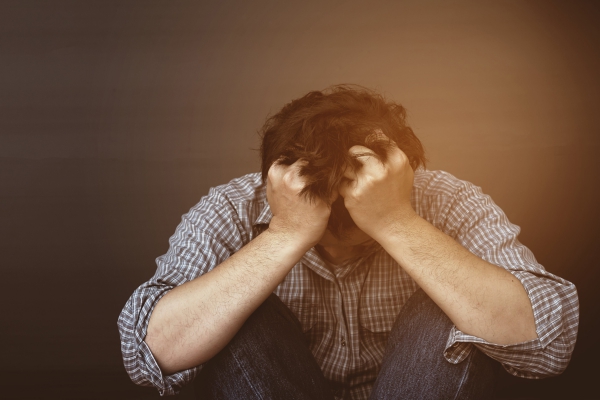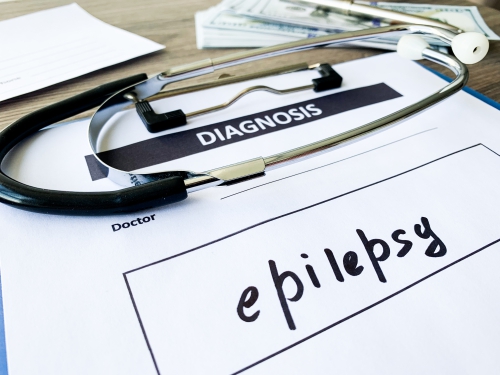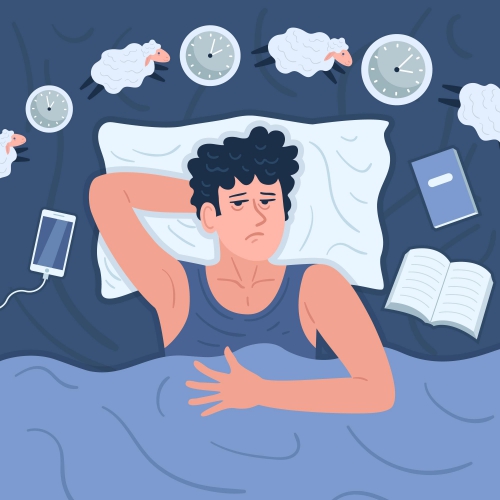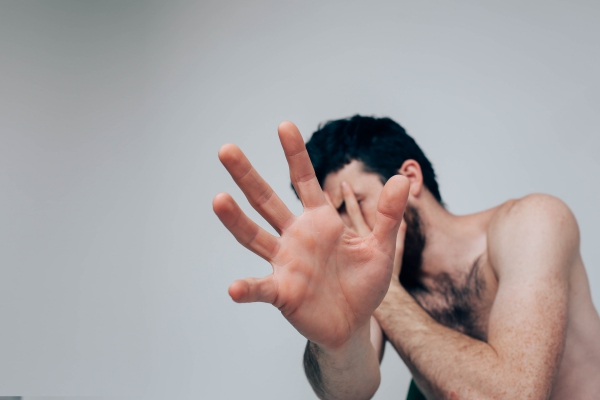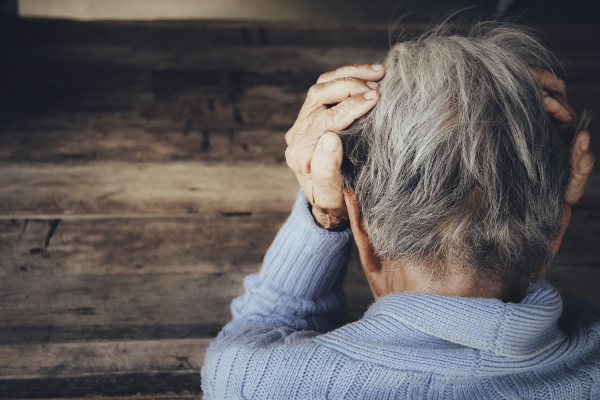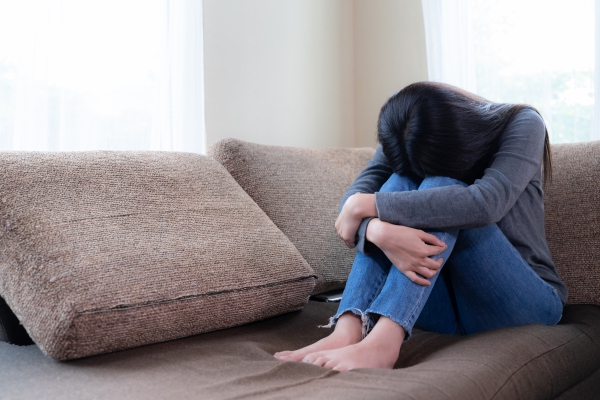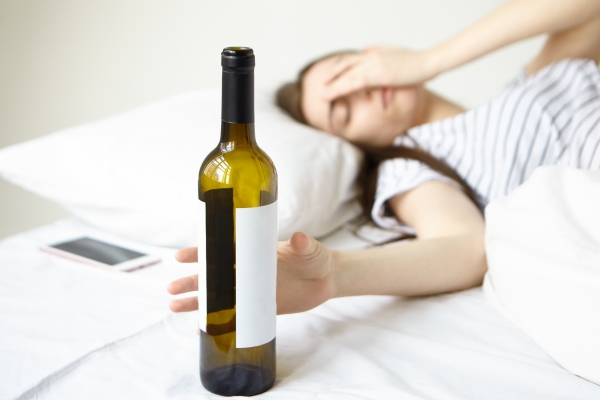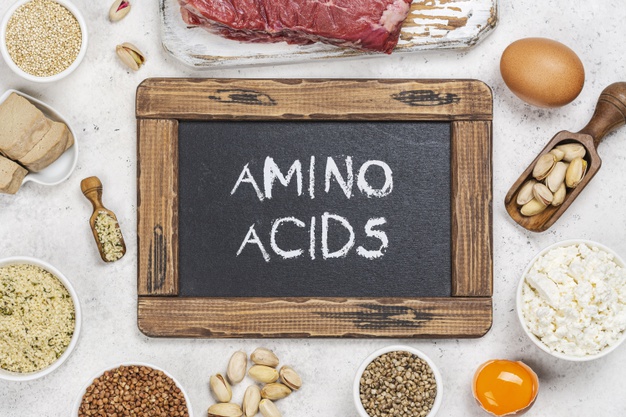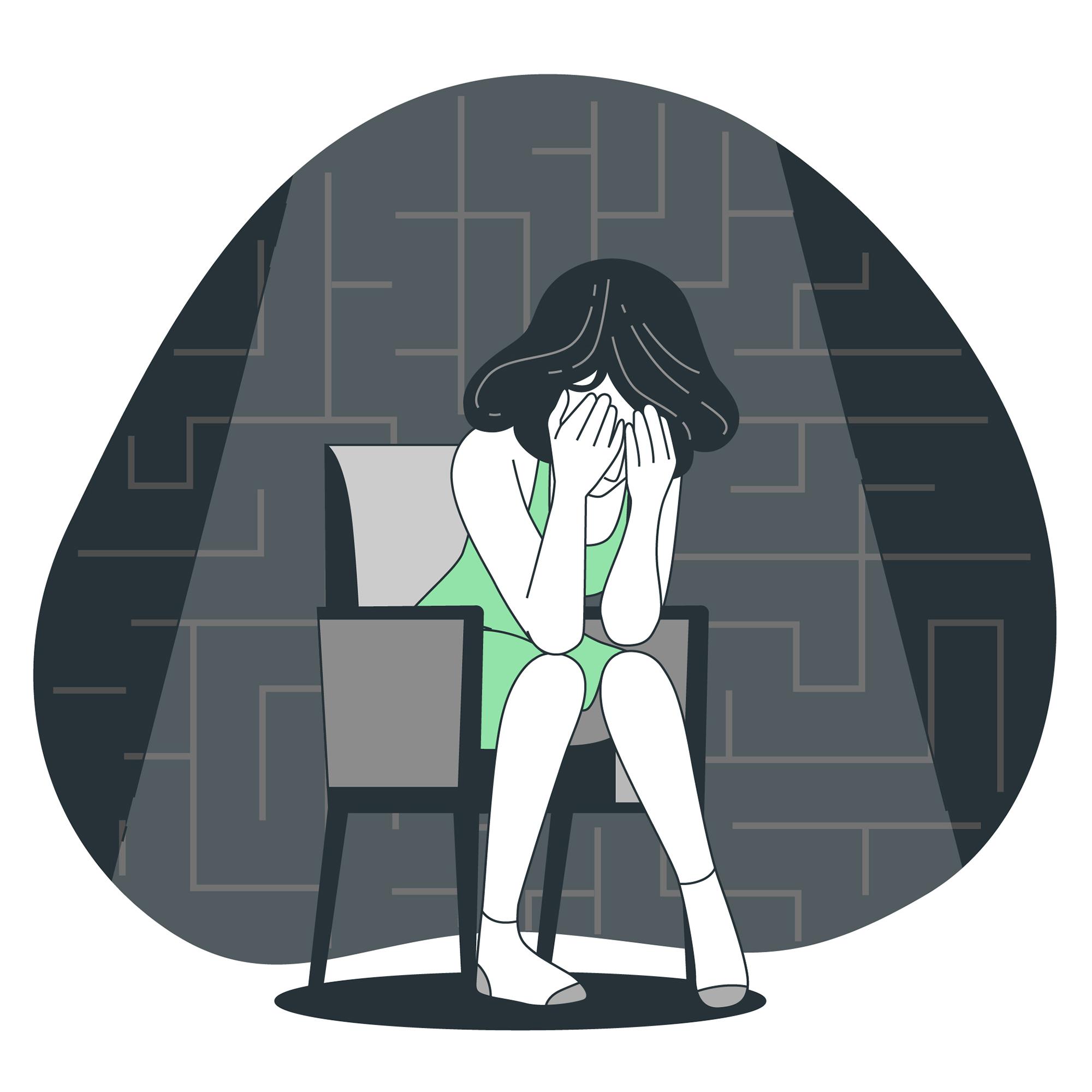Depression, Mental Health, Psychological disorder, Psychiatrist, Antidepressants
Description : It is completely normal to sometimes feel down or sad and not wanting to do anything. These
Article Details :
What is depression?
It is completely normal to sometimes feel down or sad and not wanting to do anything. These feelings form part of human life and experiences, and the good thing is that they are usually short lived. However, if it persists and is causing impairment in your daily life and performance, you may need to see a doctor as you may be suffering from depression.
Depression is a disorder of the mood that makes you feel persistently sad and losing interest in activities you previously enjoyed. It is also known as major depressive disorder or clinical depression. Besides affecting your mood, it deeply affects your performance at work as well as your body functions in general such as your appetite or sleep. This feeling can be so severe that some people can feel so worthless that they want to die.
It is a condition that affects your activities of daily living and it is a very common disorder worldwide, mostly in developed countries. Because of all the attached stigma to this condition, many people do not seek medical treatment. However, depression is a condition that needs to be talked about and there are treatments available to manage the condition.
What are the causes of depression?
There is no exact cause of depression. However, it is known that there are several factors that play together leading to the development of the condition. Normally, major life events are the principal triggers of depression. The way each individual respond to the event depends on the following factors:
- Changes in the brain: it has been shown that people with depression have some differences in their brain compared to a normal individual.
- Dysregulated neurotransmitters: neurotransmitters are chemicals normally found in the brain to regulate several brain functions including your mood. If there are changes in the functioning and effect of these chemicals, your mood will also be disbalanced.
- Hormonal changes: changes in your hormones can make you more prone to having depression.
- Genetics: if your have close relatives who have the condition you are also at increased risk of having the disease.
Risk factors
Risk factors for depression include:
- Being a teenager
- Aged 20 to 30 years
- Being a woman
- Having a close family member with depression
- Having a history of alcohol abuse or recreational drug use
- Having a chronic illness such as a cancer or being chronically in pain
- Personality traits such as having a low self-esteem or being too dependent on other people
- Been through a traumatic or stressful event such as the death of a loved one, work problems, relationship problems or difficult financial situations
- Having other mental disorders such as anxiety disorder, eating disorders or post-traumatic stress disorder
- Being on medications which can cause mood changes
Signs and symptoms
The symptoms of depression can be a great burden for the patient as well as for his/her surroundings and family. These include:
- Feeling down and sad, being tearful most of the time
- Losing interest in activities previously enjoyed
- Decreased sexual desire
- Changes in appetite: can be either eating too little or too much
- Unintentional weight loss or gain
- Sleeping too much or too little
- Talking, thinking and moving slowly
- Lacking energy
- Feeling guilty
- Feeling worthless
- Unable to remain focus or concentrate
- Thinking about death or suicide
Among children and teenagers, the presentation may be different. Smaller children may feel sad and be irritable. They can also be very clingy to their caregiver or other family members. They can even refuse to go to school and complain of pain. Among teenagers, they can have negative feelings and thoughts about themselves. They can have a very poor performance at school and avoid social interaction. Besides, a lot of depressed teenagers start consuming recreational drugs and alcohol as an escape. There is also a significant number of teenagers who practice self-harm.
Among the elderly population, symptoms of depression can be different. They can start having memory problems, body aches and suicidal thoughts. They also commonly want to stay at home and avoid doing other activities.

Making a diagnosis
If you suspect having the symptoms mentioned above, it is advised to seek help from either a doctor or a psychiatrist. It is important to check if there are no other medical conditions which may be causing this mood change before initiating any treatment.
Your doctor will take a thorough history from you about the symptoms you are experiencing and the course of the problem. It is important for you to be sincere and to talk about it to your doctor as he/she is here to help you get out of this rut.
Your doctor may also examine you to rule out other medical conditions. Some blood test can also be made to check if your hormones are functioning properly.
There are no specific tests used to diagnose depression. However, medical health professionals make use of questionnaires which will give an idea about the Read more

